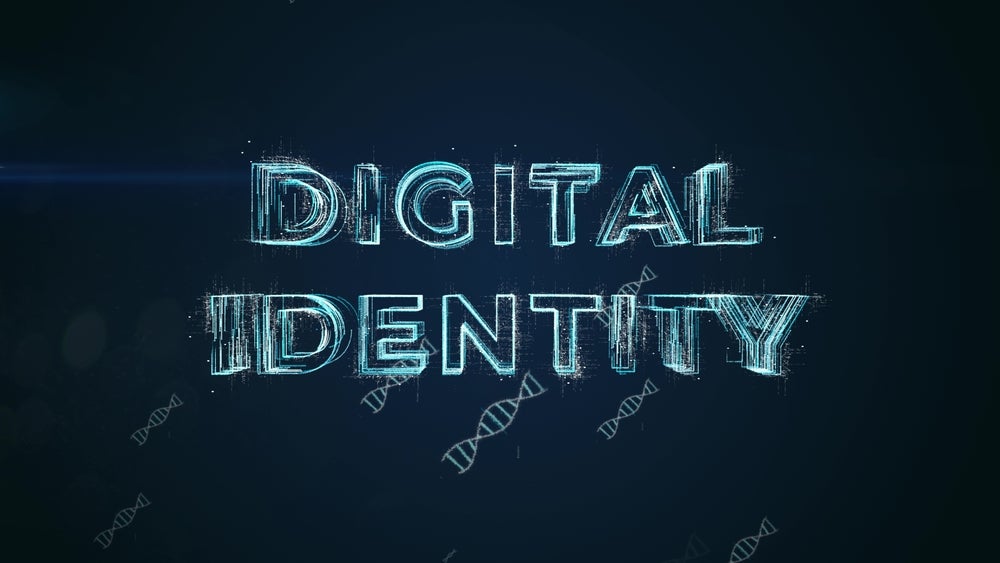
35% of Gen Zers in the US and nearly a third of legal immigrants are so called ‘digital ghosts’. Specifically, they do not have sufficient financial footprint to pass identity verification controls to access financial and government services. The research is revealed by digital identity verification company Socure. Digital ghost demographics have little to no history of credit cards, loans, rental leases, home purchases or mobile device plans.
The identity verification paradox
Socure reports that digital ghosts are unable to build the credit history required by traditional identity verification systems. Yet without gaining that access, it’s borderline impossible to build a financial footprint to begin with. The paradox doesn’t stop there. Other challenges for Gen Z and immigrant communities include:

Access deeper industry intelligence
Experience unmatched clarity with a single platform that combines unique data, AI, and human expertise.
- Both have had less time to accumulate educational degrees, jobs, property ownership, and other notable life events that produce verifiable records for verification
- Legal protections around minors’ information and immigration data from the Department of Homeland Security further restrict access to necessary verification sources
- Legacy identity verification systems struggle with bias in name matching algorithms, incorrect address normalisation, and insufficient coverage for localised address formats common in rural and densely populated areas where, in many cases, legal immigrants reside
Gen Z: digital natives, yet digital ghosts
Despite growing up online and being recognised as digital natives, more than a third (35%) of American Gen Zers — or 22.9 million people – are digital ghosts. This portion of Gen Z lacks a digital financial footprint or credit history. This holds them back from accessing life-improving services from financial institutions. They cannot access student loans, bank accounts, financial aid and credit cards. With Gen Z amassing nearly $6trn in wealth according to a 2022 study from the Federal Reserve, these digital ghosts represent a major market opportunity and economic driver.
Credit Card Accountability Responsibility and Disclosure Act 2009
Adding to the challenge, the Credit Card Accountability Responsibility and Disclosure Act 2009 introduced a series of protection requirements for those under 21 signing up for a credit card. This requires a cosigner, income proof, and more. It is intended to protect consumers with less financial experience. But the act contributed to deterring Gen Z from entering the financial system for longer.
The result: 54% of Gen Zers report difficulties with identity verification. A third (35%) say the biggest limiting factor is “having no digital financial footprint.” In parallel, many Gen Zers face considerable friction when attempting to access financial and government services that many Americans take for granted.
Meanwhile, Gen Zers have grown apathetic around the value of their online identity. One in five Gen Zers in the U.S. (20%) are not concerned about identity theft. Over a third (37%) believe that no one would be able to do much with their identity if it were stolen.

US Tariffs are shifting - will you react or anticipate?
Don’t let policy changes catch you off guard. Stay proactive with real-time data and expert analysis.
By GlobalDataLegal immigrants face a digital wall
According to Socure’s research, the legal immigrant population in the US face significant hurdles to accessing the opportunities offered by the American banking system and government benefits. Nearly a third (31%) are digital ghosts, with little to no digital financial footprint or credit history. This blocks access to financial and government services.
- 74% of legal immigrants don’t have any loans.
- Over half (56%) don’t have a credit card.
- 44% don’t have any bank accounts.
More than half (51%) of legal immigrants say that they’ve had difficulties verifying their identity. This has led to several limitations across multiple aspects of their lives.
“Too many consumers today are locked out of the digital economy. Identity verification systems rely on outdated data sources and methods,” said Josh Linn, SVP Product and GM of Compliance, Socure. “At Socure we believe there’s a better way. By leveraging modern technology, alternative data, and advanced analytics, we can build an equitable finance ecosystem where everyone can access the financial services they need to thrive. Solving the identity challenges of underserved populations is not only an economic imperative, but a moral one. The industry must come together to prioritise financial inclusion.”







